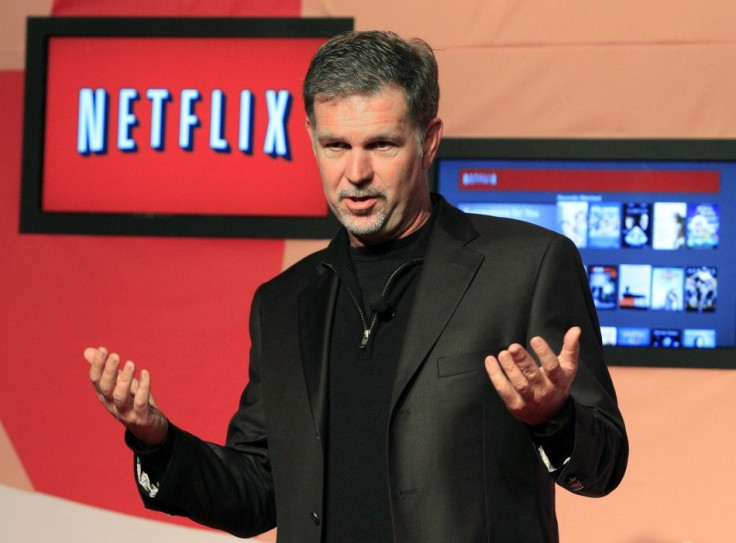Netflix Fiasco: From Pretty Simple to Simply Puzzling

Netflix has already earned the wrath of its customers by separating its unlimited streaming and unlimited DVD plans in the U.S. to better reflect the costs of each.
But now, the video rental firm created a new uproar by planning to separate the DVD-by-mail service from the streaming service. The company would rename the DVD service as Qwikster, while the streaming service will retain the name Netflix.
The streaming-only plan and the DVD-only plan were priced at $7.99 each while the price for getting both unlimited streaming and unlimited DVDs was $15.98 a month.
The decision did not go down well with its subscribers, forcing Chief Executive Officer Reed Hastings to apologize.
It is clear from the feedback over the past two months that many members felt we lacked respect and humility in the way we announced the separation of DVD and streaming, and the price changes. That was certainly not our intent, and I offer my sincere apology, said Hastings.
The stock continued to fall and dropped $11.44, or 7 percent, to $143.75 on Monday on the Nasdaq.
Last week, Netflix slashed its subscriber outlook for the third quarter while backing its earnings and revenue guidance. Netflix reduced the forecast for streaming subscribers to 21.8 million from the previous 22 million and lowered its DVD subscriber forecast to 14.2 million from 15 million subscribers.
What is happening at Netflix?
Netflix realized DVDs were a dying business and there was far more scale (domestically and globally) to building a streaming business, BTIG Research analyst Richard Greenfield wrote in a blog post.
Furthermore, Netflix saw the more rapid than expected shift in consumer usage to streaming as a validation of its strategy and gained the confidence to separate the two businesses and, in essence, significantly raise prices on subscribers that wanted to maintain both service offerings.
While consumers were mostly using streaming, there was clearly a value perception associated with getting both streaming and DVDs for as little as $8.99/month, even if the DVDs spent most of their lifespan lying around on coffee tables and couches, Greenfield said.
Netflix expects about half of its 24 million subscribers at the end of third quarter of 2011 to be taking both services, absorbing the 60 to 70 percent price increase.
The analyst asks how satisfied those subscribers will be given the price increase, the fact that the DVDs they have lying around will not even say Netflix on them (they'll say Qwikster) and that Web sites for the two services will be completely distinct?
And maybe even more importantly, will the nearly 10 million streaming-only subscribers be as sticky now that they do not have DVDs lying around their house that say Netflix and where the value perception of the service has changed?
The decision to rename the DVD service and completely separate it from streaming prevents marketing synergies, Greenfield said.
He said separating usage, ratings and search history will mean that a subscriber who has rated DVDs for years but downgrades to a streaming-only plan will no longer benefit from that history in terms of streaming recommendations.
Caris analyst David Miller, who downgraded Netflix stock to 'Average,' wrote in a note to clients: Right now, Netflix is stuck in a mud puddle between perception and reality. The reality is that Netflix clearly misdiagnosed the demand curve for domestic subs in the quarter, clearly calling into question Netflix's ability to prognosticate the overall health of the business.
The perception, as we see it, is that NFLX's July 11 price raise, even though the price raise involved only the hybrid quadrant and none of the other quadrants, appears to have curtailed growth in the quarter.
Both of these factors, whether real or perceived, are invariably going to lower the multiple investors are willing to pay for surety, Miller said.
© Copyright IBTimes 2024. All rights reserved.











